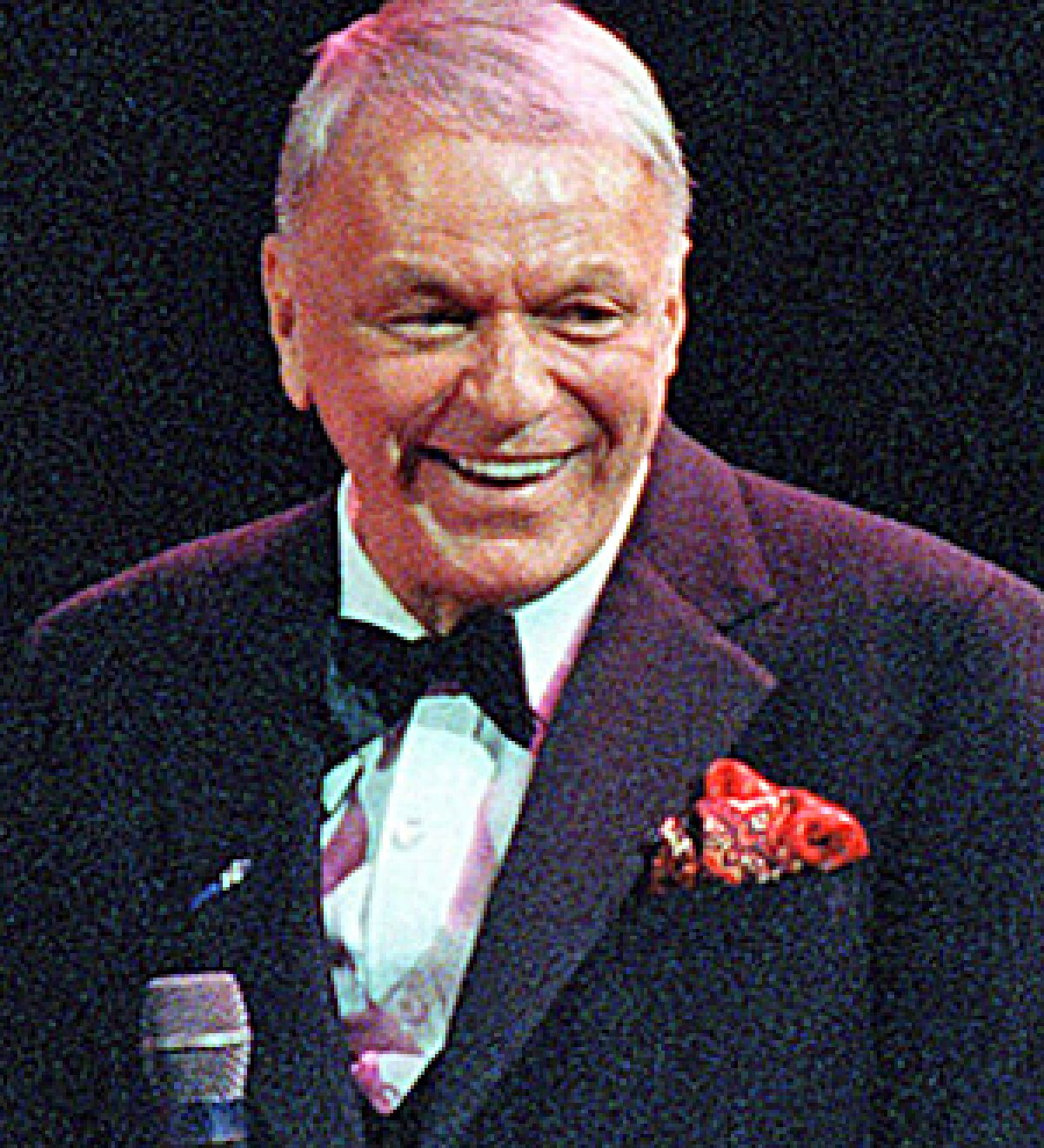Frank Sinatra (born December 12, 1915 – May 14, 1998), often referred to as “Ol’ Blue Eyes,” was one of the most iconic and influential musical artists of the 20th century. Known for his smooth baritone voice, charismatic stage presence, and impeccable phrasing, Sinatra left an indelible mark on music, film, and popular culture.
Musical Legacy
- Vocal Style: Sinatra was renowned for his ability to convey emotion through song. His phrasing and timing set him apart, earning him recognition as one of the greatest interpreters of the Great American Songbook.
- Hits and Albums: He produced timeless hits like “Fly Me to the Moon,” “My Way,” “New York, New York,” and “Strangers in the Night.” Albums such as In the Wee Small Hours (1955) and Songs for Swingin’ Lovers! (1956) are considered masterpieces.
- Collaborations: Sinatra worked with legendary arrangers like Nelson Riddle, Quincy Jones, and Count Basie, elevating his recordings with lush orchestrations and innovative arrangements.
Cultural Impact
- Film Career: Sinatra was also an accomplished actor, winning an Academy Award for his role in From Here to Eternity (1953). His other notable films include The Man with the Golden Arm and Guys and Dolls.
- The Rat Pack: Sinatra was the leader of the Rat Pack, a group of entertainers that included Dean Martin and Sammy Davis Jr. They symbolized mid-20th-century cool and glamour.
- Civil Rights Advocate: A vocal supporter of civil rights, Sinatra used his platform to challenge racial discrimination. He refused to perform in venues that practiced segregation and supported organizations promoting equality. He was also a close friend of Martin Luther King Jr. and publicly defended Sammy Davis Jr. against racial prejudice.
Influence
- Impact on Other Artists: Frank Sinatra’s artistry has profoundly influenced countless musicians. Artists like Elvis Presley and The Beatles admired his ability to connect with audiences. Contemporary vocalists such as Michael Bublé and Harry Connick Jr. cite Sinatra as a major inspiration in their careers. His phrasing and emotive delivery have also shaped the work of Barbra Streisand, Tony Bennett, and even rock legends like Bob Dylan, who covered Sinatra’s songs as a tribute to his artistry.
- Crossover Artist: Sinatra was one of the first artists to successfully transition from the big band era to solo stardom, paving the way for others.
- Timeless Appeal: His music remains beloved, influencing artists across genres, from Michael Bublé to Lady Gaga.
- Cultural Icon: Sinatra’s style, confidence, and lifestyle epitomized mid-century sophistication, making him a lasting figure in American culture.
Honors and Recognition
Sinatra received numerous accolades, including:
- 11 Grammy Awards, including the Grammy Trustees Award and Grammy Legend Award.
- A Kennedy Center Honor in 1983.
- A Presidential Medal of Freedom in 1985.
- An Academy Award for Best Supporting Actor for From Here to Eternity (1953).
YouTube Channel:
https://www.youtube.com/channel/UCJtvg6ZFwzdFdtcHBqetvwg
References
- Friedwald, Will. Sinatra! The Song Is You: A Singer’s Art. Scribner, 1995.
- Kaplan, James. Frank: The Voice. Doubleday, 2010.
- Kelley, Kitty. His Way: The Unauthorized Biography of Frank Sinatra. Bantam, 1986.
- Sinatra, Frank. The Capitol Years. Capitol Records, 1990 (Box Set).
- “Frank Sinatra: A Man and His Music.” PBS American Masters, 2015.
Legacy
Frank Sinatra’s blend of artistry, showmanship, and cultural influence has ensured his place as a timeless legend in music and beyond. From his powerful ballads to his vibrant swing numbers, his voice continues to resonate with audiences, embodying the golden age of American music and entertainment.


Leave a Reply